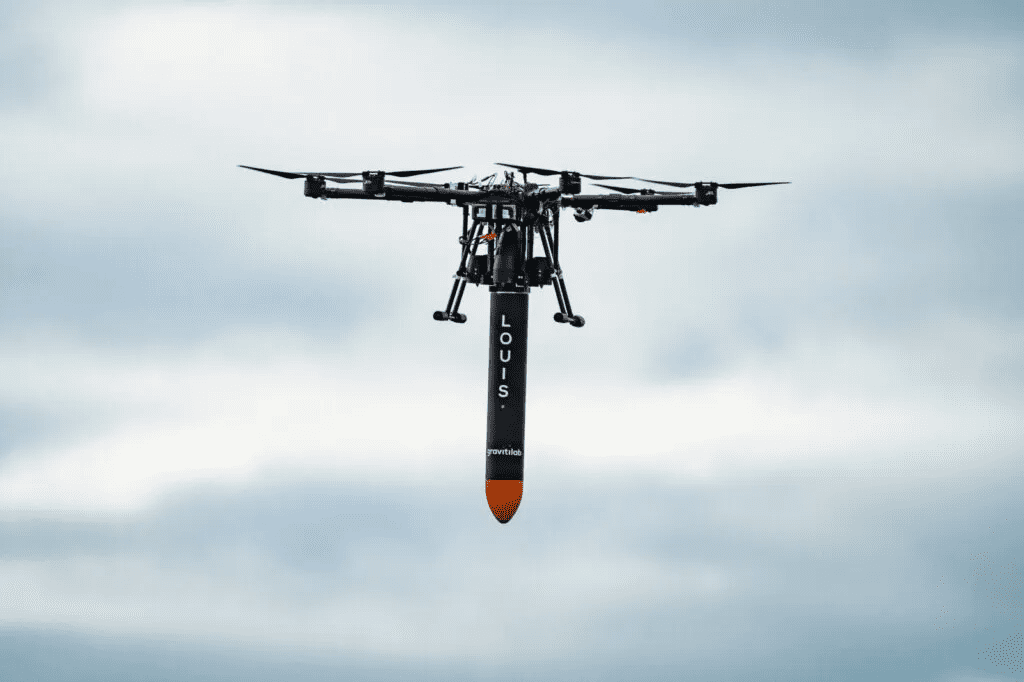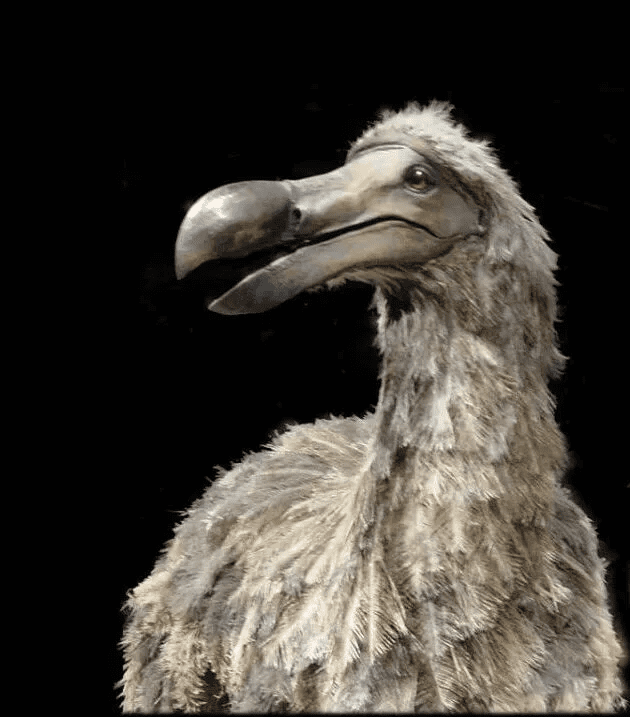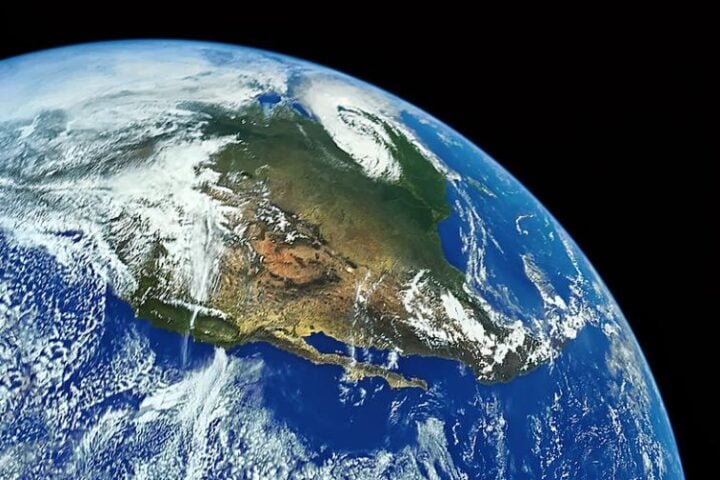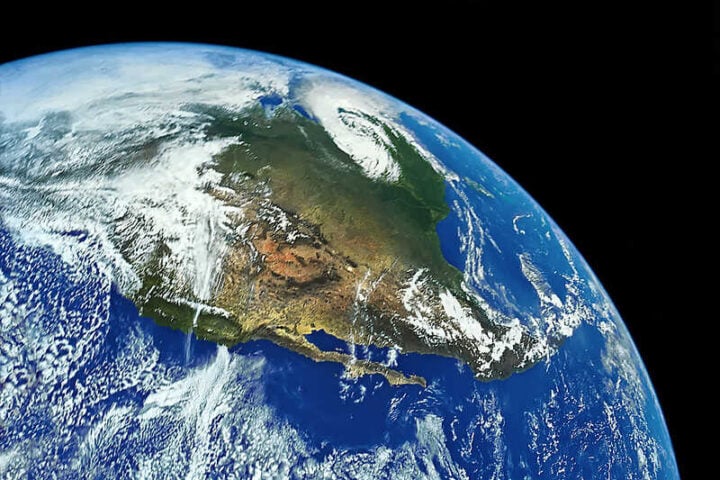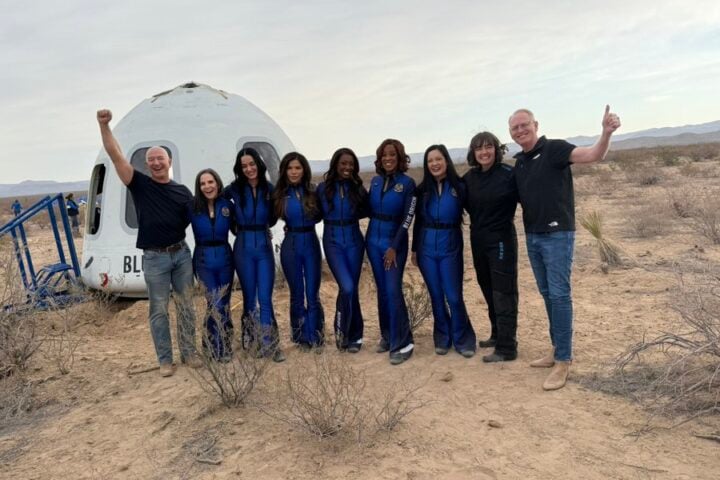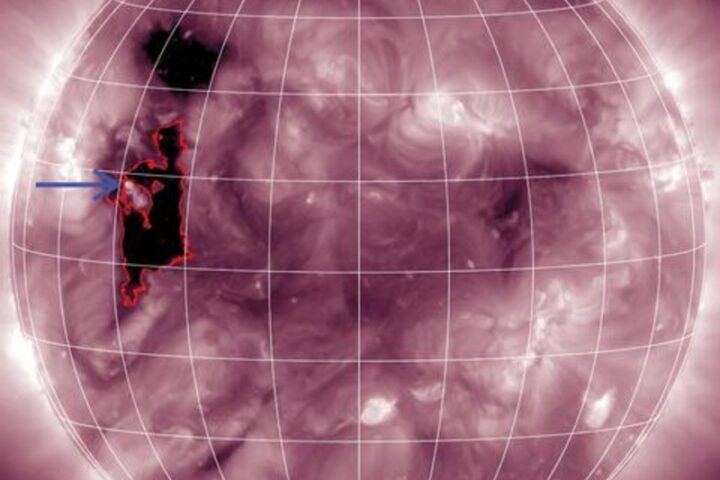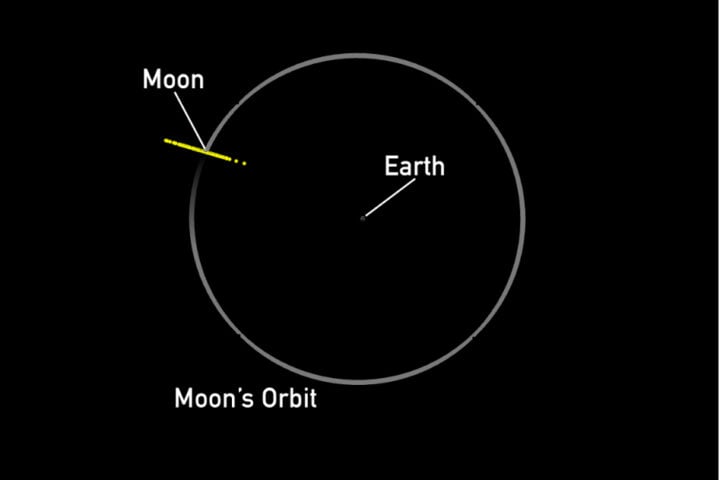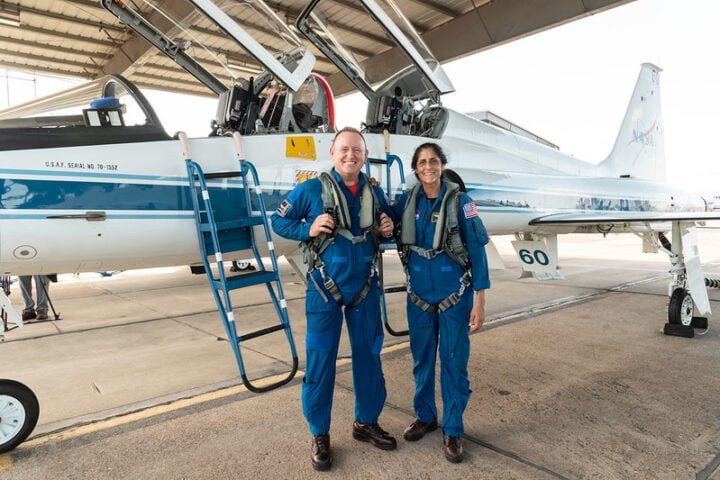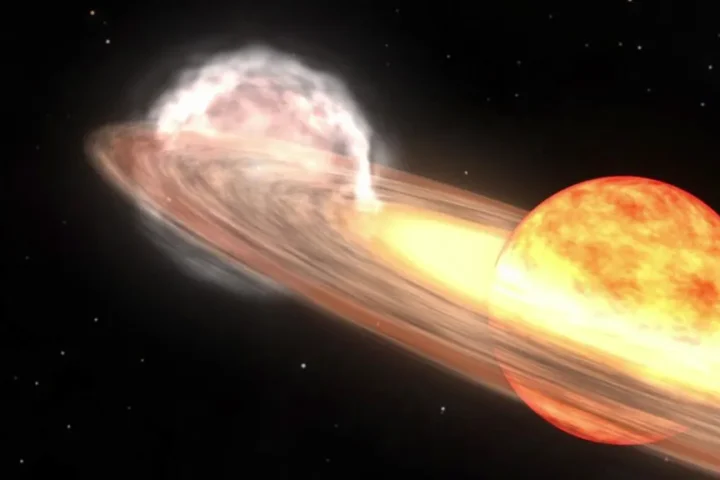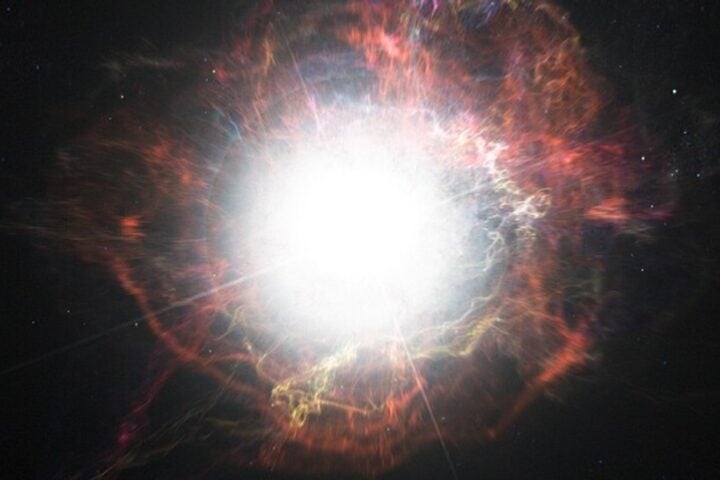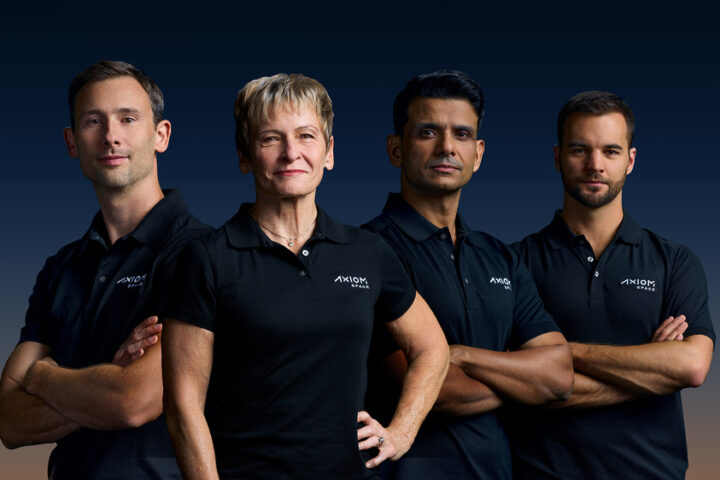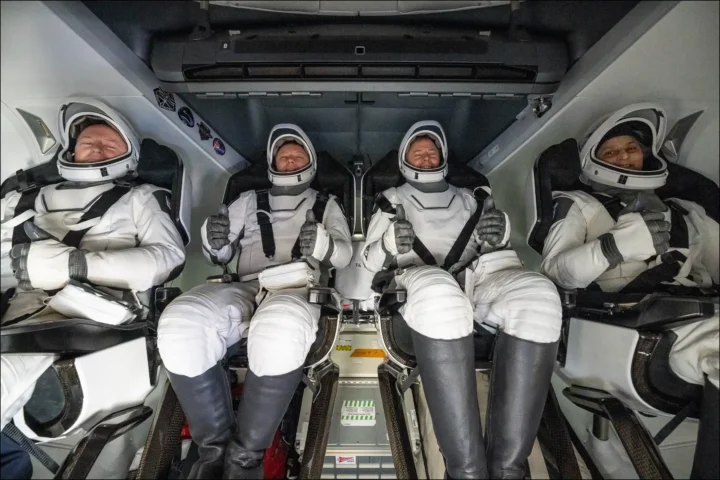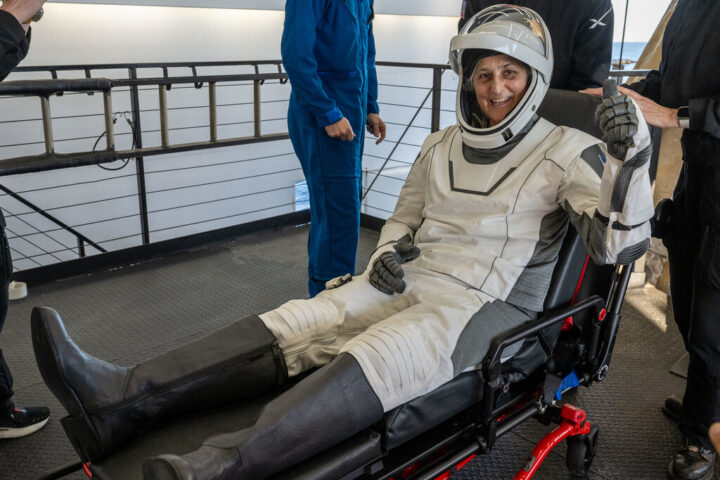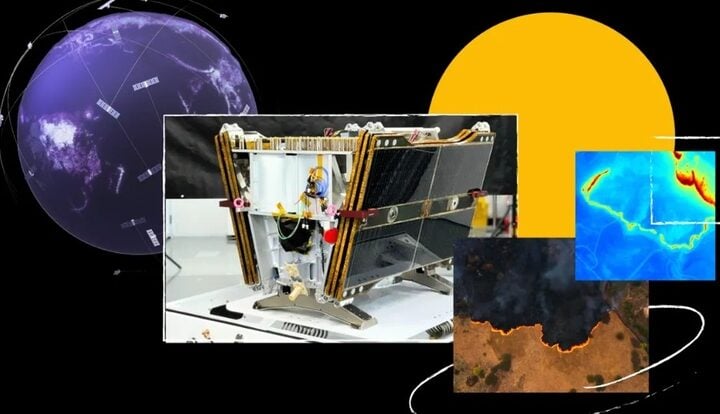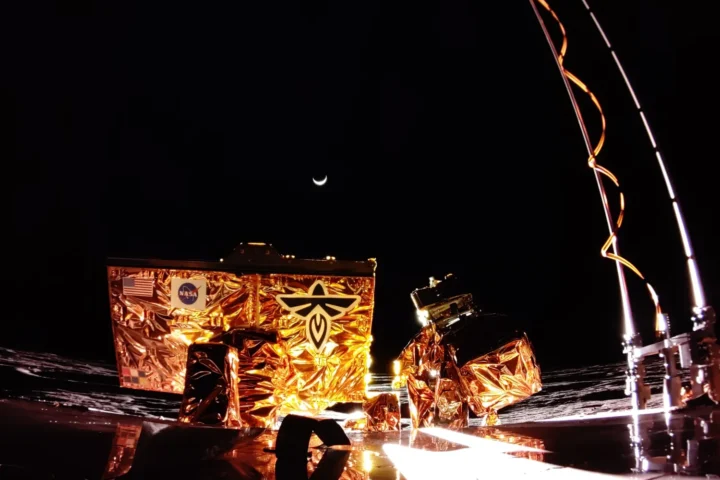Gravitilab Aerospace Services Ltd is making history by offering unparalleled access to microgravity with their innovative solution. The company, based in Cornwall, England, boasts of achieving up to 20 seconds of weightlessness by releasing their patent-protected “LOUIS” drop-pod from an altitude of 2,000 feet. Through the use of unmanned aerial vehicle (UAV) technology, Gravitilab has revolutionized the access to microgravity on Earth, opening the door to a new era of commercial microgravity services. In a recent trial at Predannack airfield on The Lizard peninsula, their UAV successfully ascended and released the payload, resulting in the world’s first sustained microgravity environment using an UAV system.
According to Rob Adlard, CEO and Technical Director of Gravitilab, terrestrial microgravity testing has been limited to infrequent and costly trips to a drop tower in Germany, which only provided a mere two seconds of weightlessness. With Gravitilab’s solution, this issue is addressed by offering a more affordable, locally accessible alternative. Through the successful demonstration flight of their LOUIS UAV system, the company aims to provide 5 to 20 seconds of high-quality microgravity.
Gravitilab views this development as a pivotal step towards transforming testing across various industries, from cosmetics to satellites, by providing efficient and cost-effective access to microgravity environments. The recent test was commissioned by the Cornwall & Isles of Scilly Local Enterprise Partnership with the goal of establishing the UK as a leader in space innovation and aerospace services.
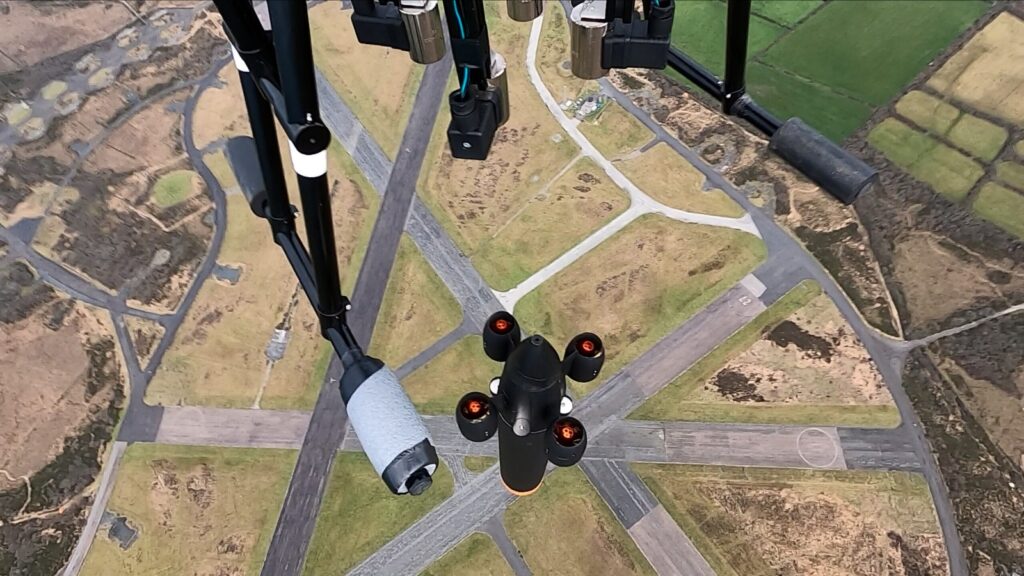
Gravitilab has achieved a remarkable breakthrough in microgravity testing, unlocking the full potential of research and development in various industries. The absence of gravitational influence provides a superior environment for scientific experimentation, yielding undeniable commercial benefits. With greater accessibility to microgravity, Gravitilab offers one-of-a-kind R&D opportunities to industries such as pharmaceuticals, semiconductors, building materials, communications, SpaceTech, and climate science.
Rob Adlard, a spokesperson for the company, expressed excitement over this collaborative triumph, calling it a “fantastic achievement” for Gravitilab, the Cornwall Space Cluster, and the UK Space Industry as a whole. Meanwhile, Gail Eastaugh, the Director at Cornwall Space Cluster, expressed her joy in supporting this “world first in microgravity testing from Cornwall.” The Cornwall Space Cluster aims to spur innovation in the space and aerospace sector, and companies like Gravitlab are paving the way for a bright future in the industry.
Gravitilab, which is seeking new investors, has been previously funded by both the UK Space Agency and private capital. Gravitilab Aerospace Services Ltd, a space services startup, aims to democratize access to space-based research. The company recently received a £100k investment from the British Design Fund. According to Gravitilab’s Technical Director, Rob Adlard, there are limited options for conducting space research and the current alternatives are cost-prohibitive and have long waiting lists, making it difficult for small and medium enterprises (SMEs) to participate. Gravitilab was founded in 2018 with the goal of addressing this issue, and has quickly become a fast-growing “Space as a Service” business based in the East of England. The company has received several investments and grants, including being accepted into the European Space Agency BIC UK program.
